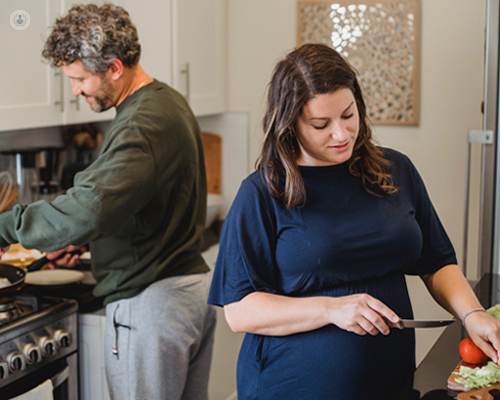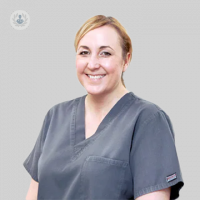Does diet really make a difference to hair loss?
Autore:Hair loss can occur due to a number of factors, including stress and underlying conditions. However, these can take a while to diagnose and treat. While it’s an unfortunate situation, one of the causes of hair loss and thinning can be reversed in possibly a more straightforward way than others; improving our diet.
Here to provide a detailed background about how the way we eat is linked to losing hair, as well as expert advice about how to get optimum results, is respected scalp and hair pathology expert Dr Rachael Louise Kay.

Can our diet cause hair thinning?
It's common knowledge that having a nutritious diet is important for our bodies' health, the correct function of our internal organs and for weight management. The one thing that many of us don't consider when we choose the foods we eat, however, is our hair.
A balanced diet is essential in order to look after your hair, because a lack of certain key nutrients that may be missing from the opposite can play havoc with the follicles. This is a common reason for hair loss.
The vitamins and minerals we need to stay healthy are often lacking from extreme or crash diets. The resulting extreme weight loss that can occur can put a tremendous amount of stress on the body, which can force our hair into the telogen or resting phase of the hair follicle. This then leads to shedding; the type of hair loss referred to as 'telogen effluvium'.
What vitamins are lacking if you have hair loss?
Nutrient deficiencies such as iron, zinc and protein mean that body focusses on sending the ones that are there, to the parts of the body that need them the most. Unfortunately, this isn't the hair.
It can be a problem for those with a plant-based, vegan or vegetarian diet. Protein levels can drastically reduce when people cut meat out of their diet. Due to the majority of the scalp being made up of keratin, which is a fibrous structural protein, reduced amounts of protein can lead to the body stopping hair growth in order to conserve energy for bodily functions that are more essential.
What should I eat for healthy hair?
Protein
Your diet should include several types of food that give your body (and scalp) the protein it needs:
- Eggs
- Fish and poultry
- Milk and dairy
There's no need to panic if you're vegan or vegetarian. There are various alternatives to boost your protein intake, including:
- Black beans
- Chia seeds
- Chickpeas
- Lentils and quinoa
- Tofu
Iron
Iron aids the production of red blood cells which carry oxygen to our organs as well as our hair follicles, so it's also important for hair growth. If the body is short of oxygen, the blood supply will focus on vital organs rather than the follicles, resulting in hair loss.
In order to fight this, ensure your diet has:
- Whole grains
- Beans
- Green leafy vegetables
- If appropriate, red meat
Vitamins A, C and E
These minerals are crucial for cell regeneration and keep your hair follicles and scalp in top condition. Based on this, colourful fruit, vegetables and nuts are all great sources of vitamins A, C and E - and you should fill your plate accordingly.
You may not be aware but carrots, for example, are rich in vitamin C, while walnuts have lots of vitamin E.
Avoid too much fatty food
We also advise against large amounts of fried food. Testosterone levels increase with diets that are high in fat, which can reduce hair-follicle stem cells or long-lived cells in hair follicles.
The team at the Farjo Hair Institute are happy to provide expert advice or discuss your options if you're worried about hair loss.


